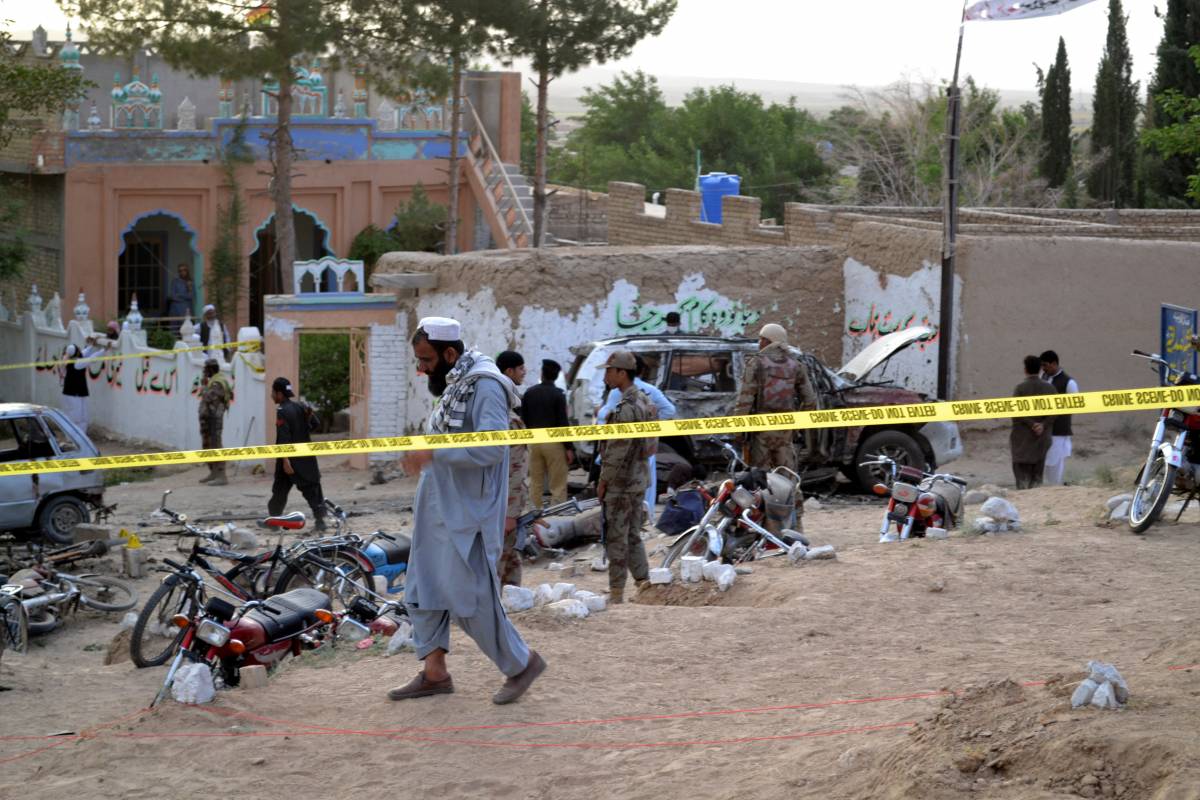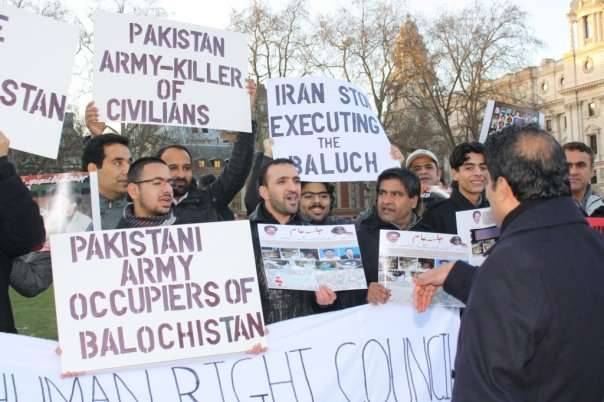
India slams Pakistan for its human rights situation
“The plight of minorities in Pakistan is evident from their shrinking size. Forced conversions have become a daily phenomenon in Pakistan,” said India…reports Asian Lite News India on Tuesday slammed Pakistan for


